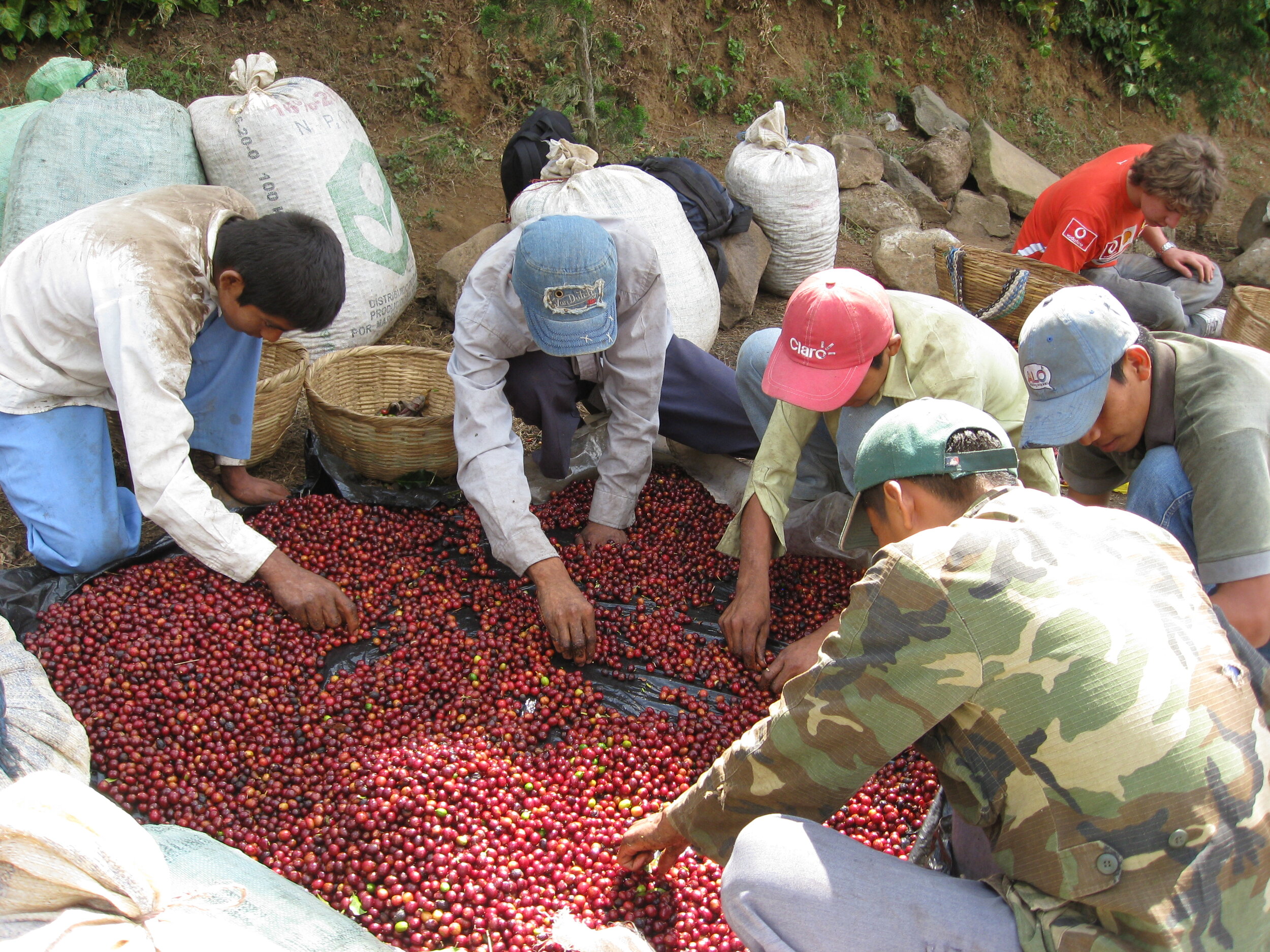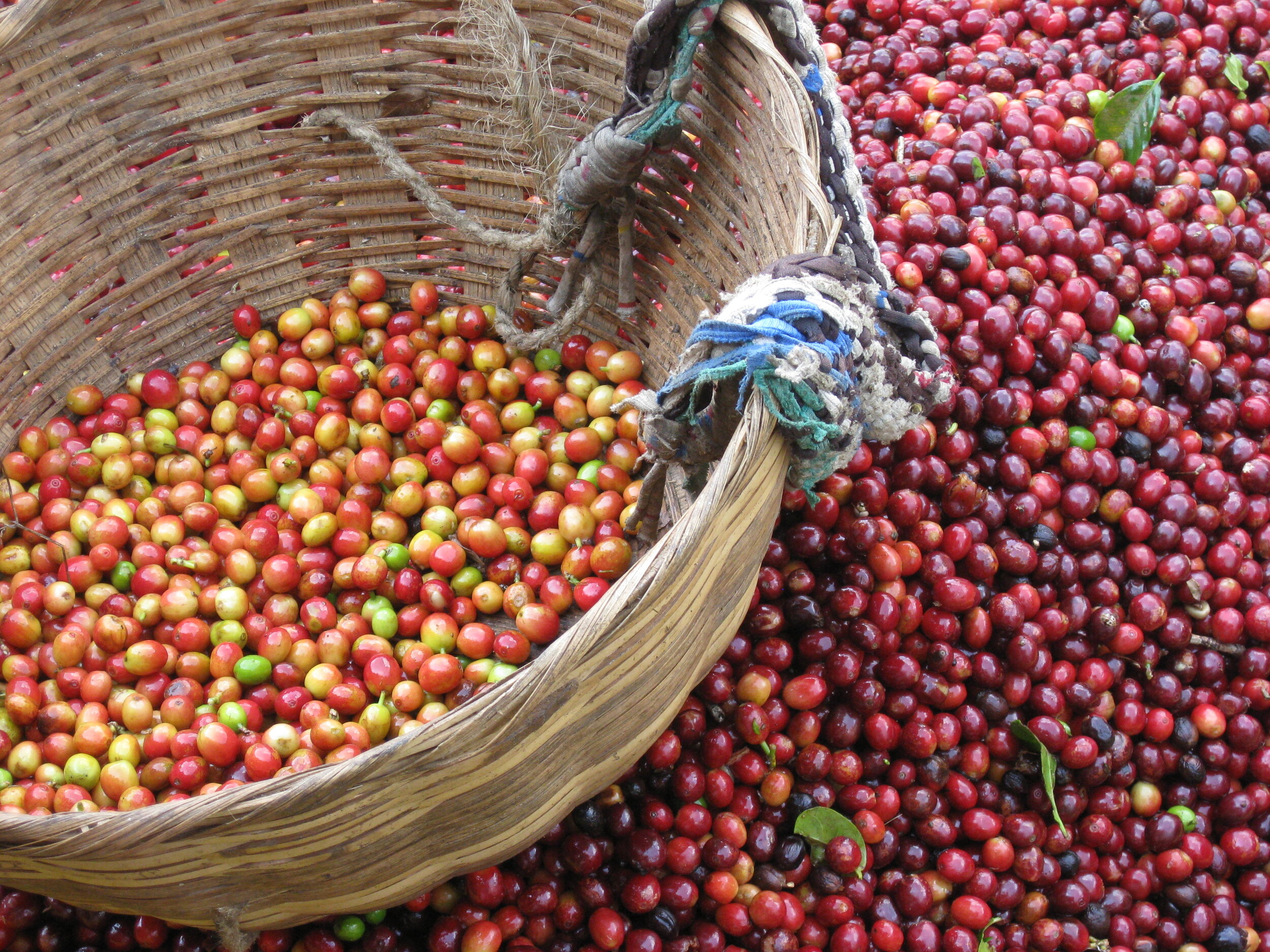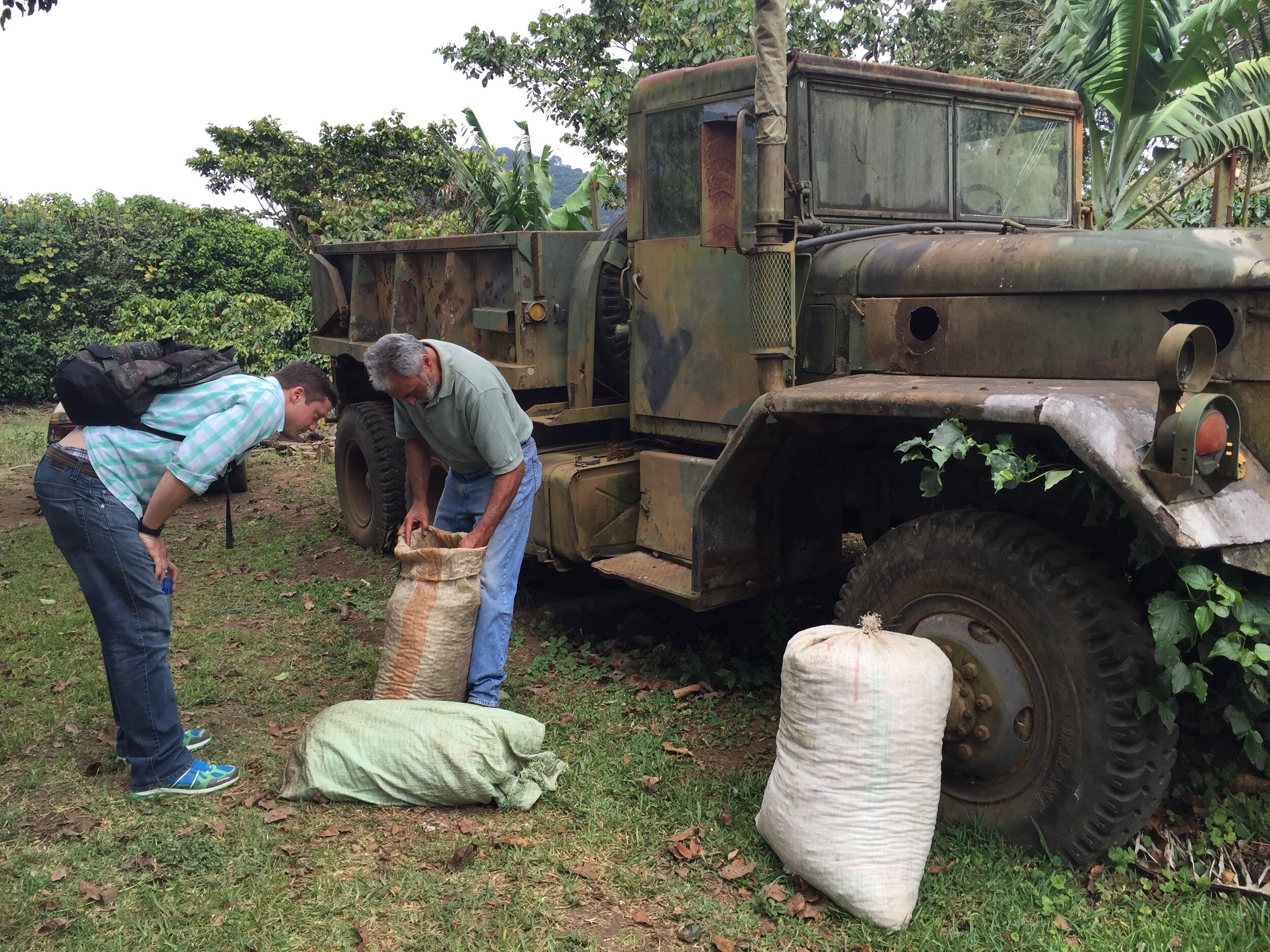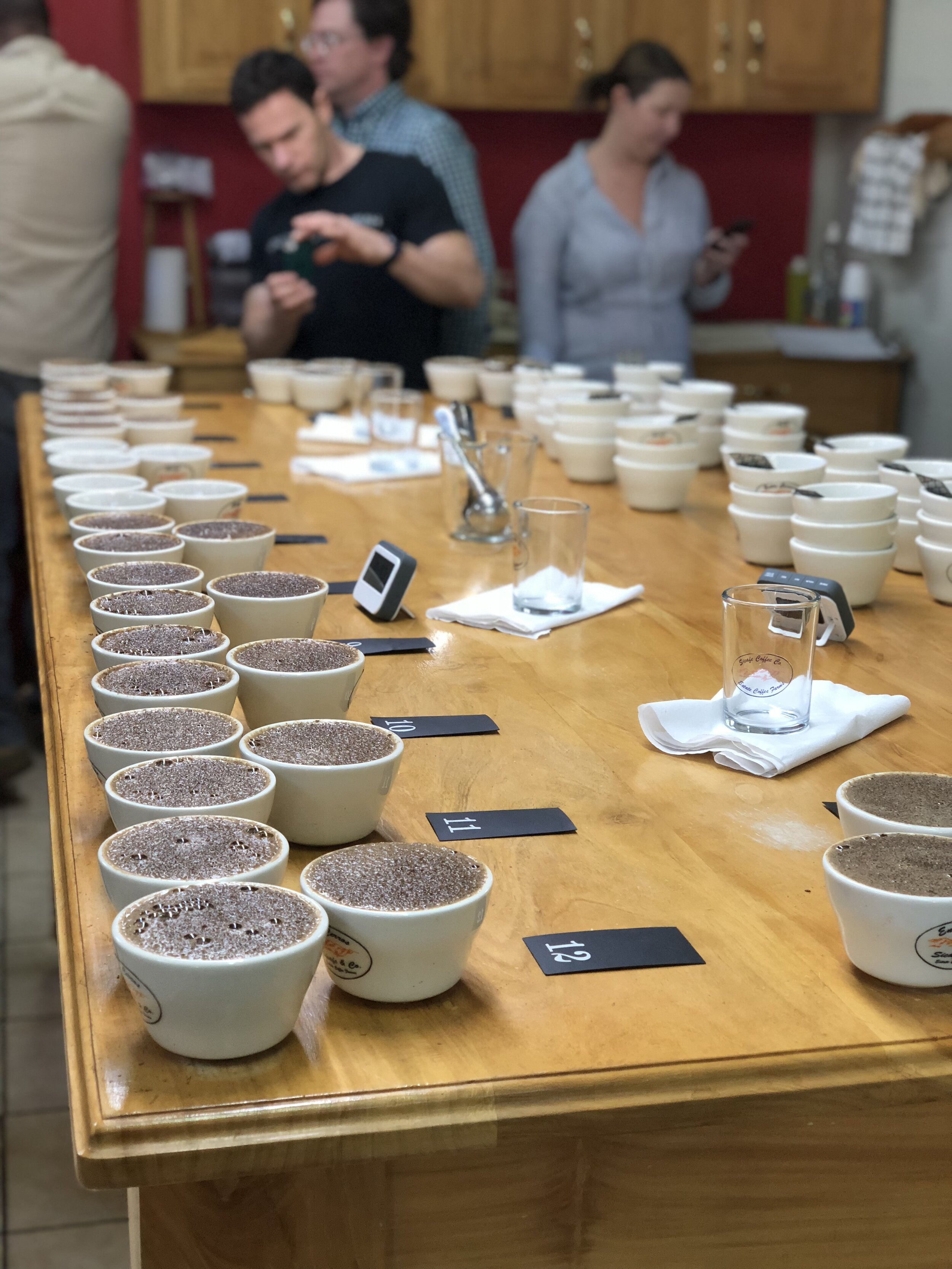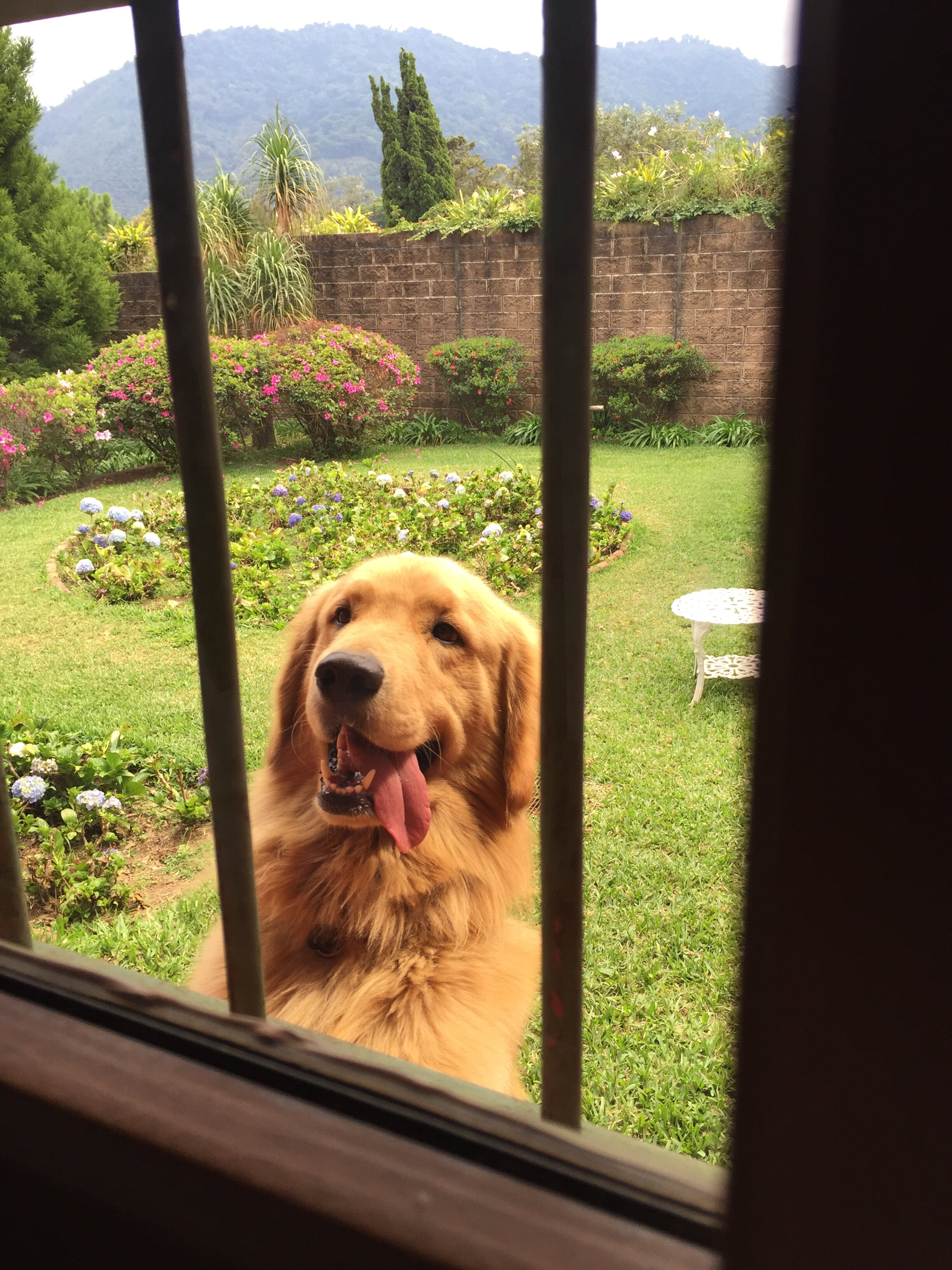Rafael and Carmen Elena Silva run a beautiful coffee operation in El Salvador. They are gracious people, who view their work as an opportunity to improve things in the world one small step at a time. Their farms are tended carefully to promote the quality of the coffee and to preserve native tree and wildlife species, local workers are protected and treated fairly, and their coffees always sparkle on our cupping table.
They have provided well for their children, allowing them quality educations and the opportunity to spread their wings and explore the world. Each of their three kids have spent at least part of their post-education lives contributing to some aspect of the family endeavor, working the farms and mills and cupping lab, or doing marketing and outreach work on behalf of the business.
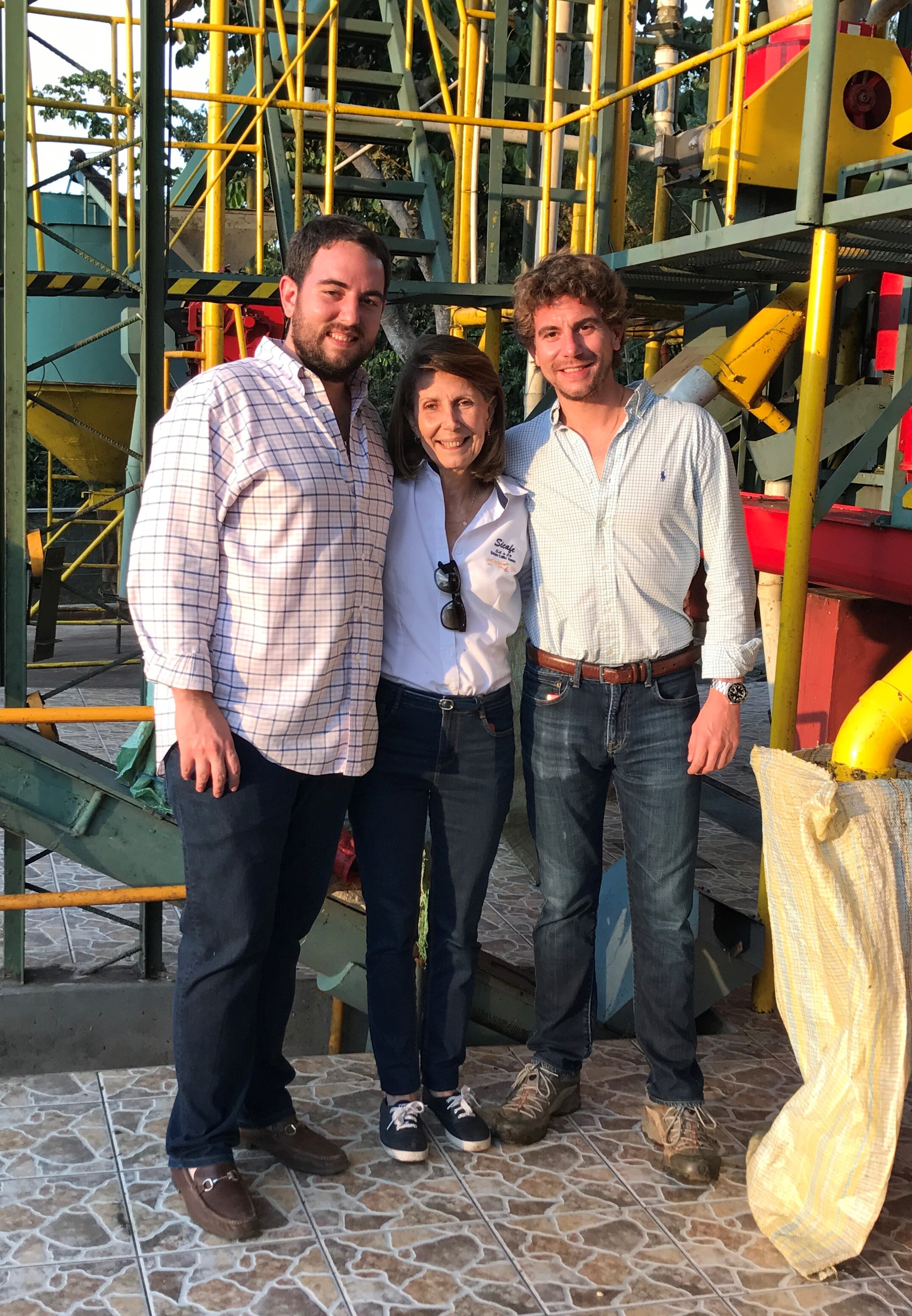
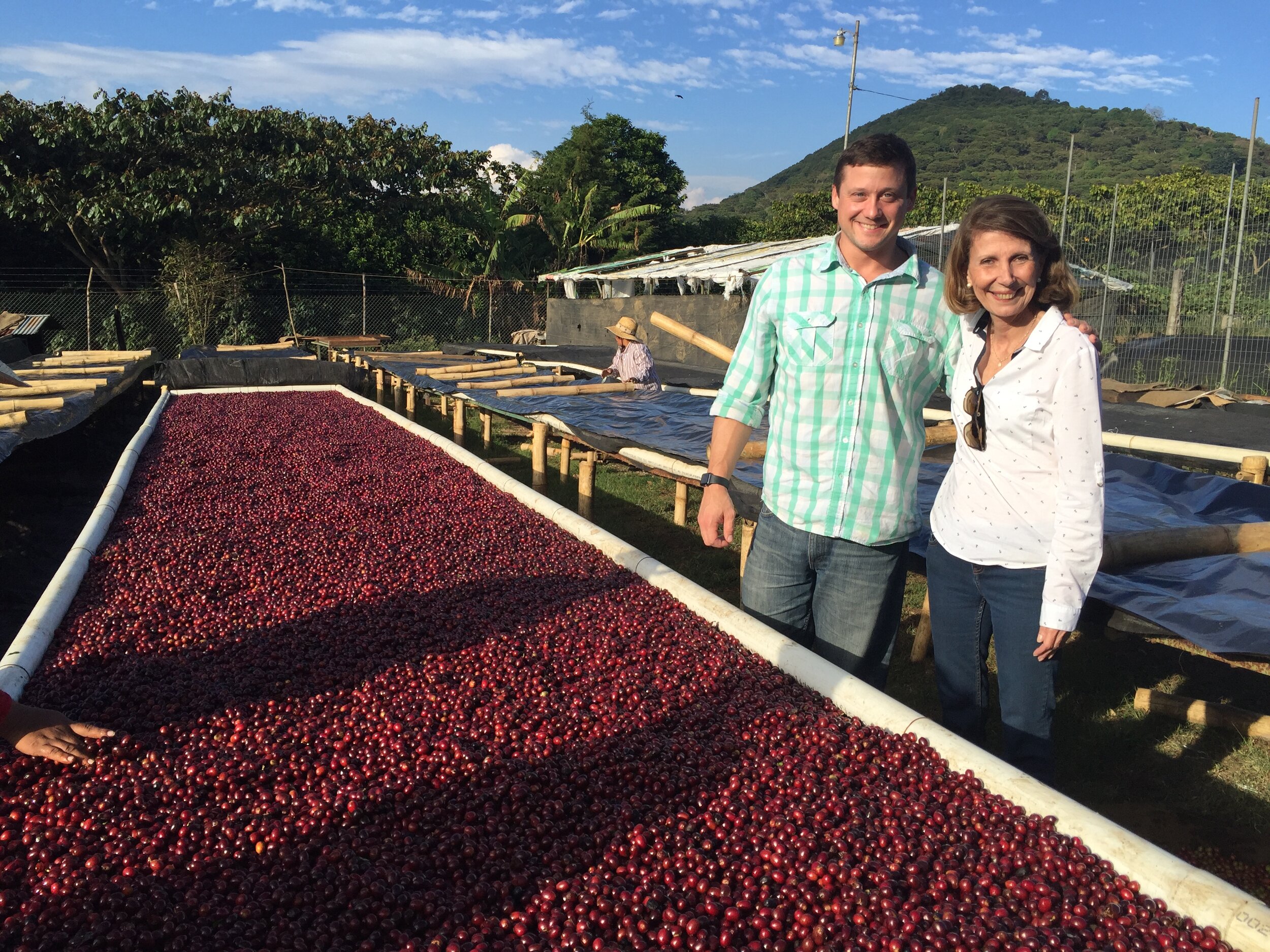
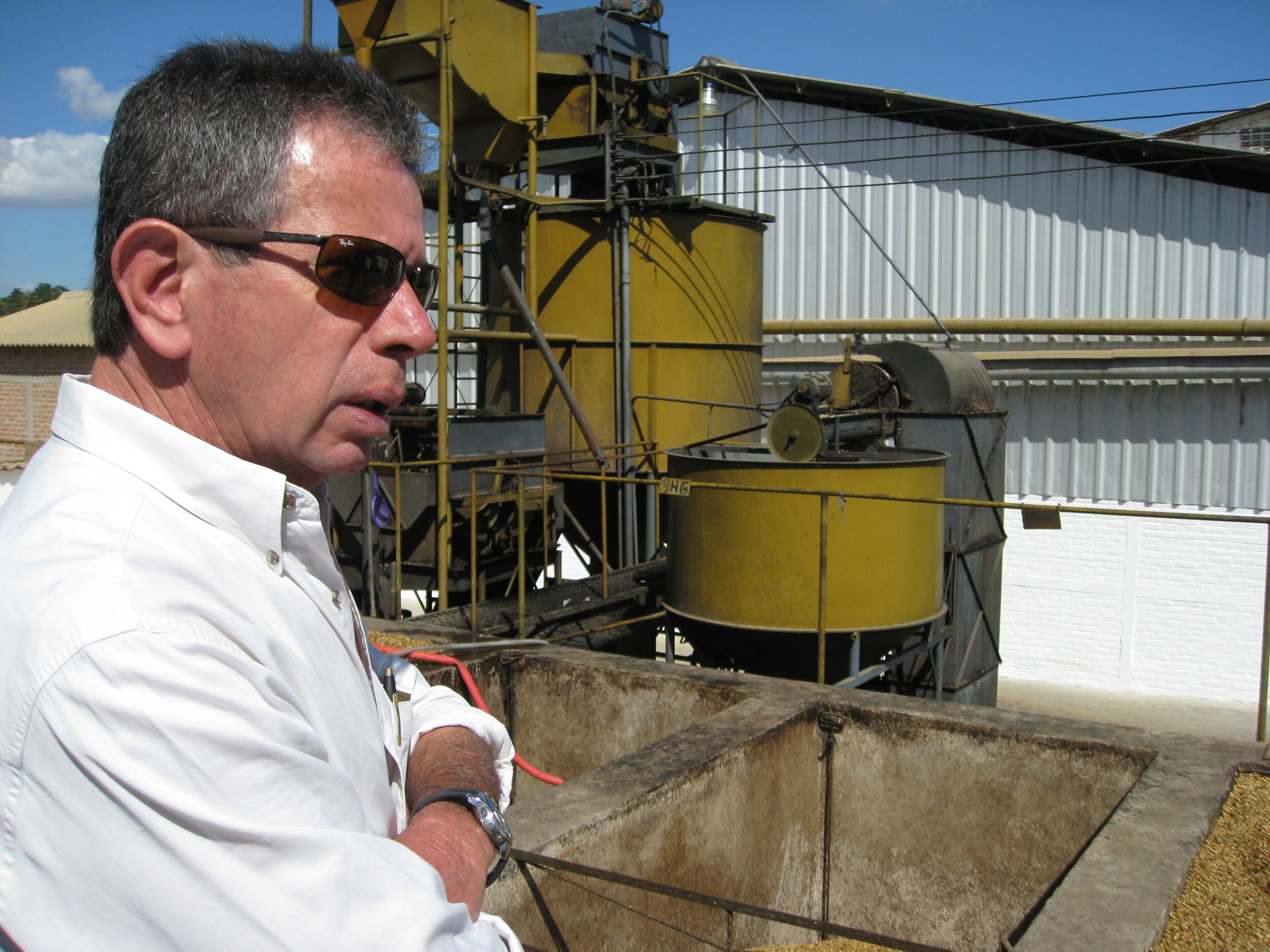

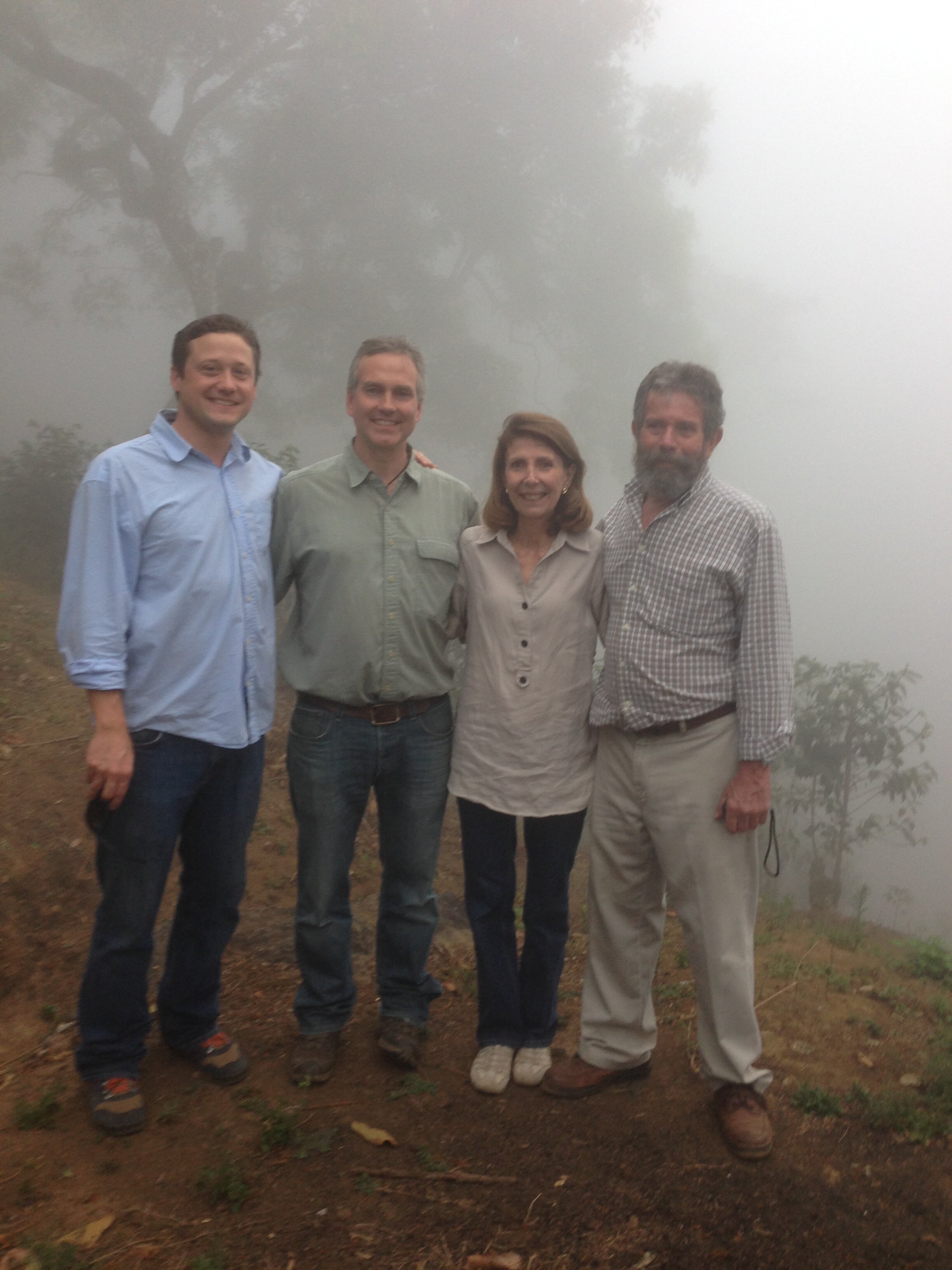
Don Rafael cares deeply for the coffee he grows and processes. Every year he undertakes new modifications to the wet milling equipment or procedures, and in partnership with Rafa Jr they experiment ever more with new coffee varieties and ever-unusual processing methods. The work seems exhausting and neverending; there is no standard grade. They manage seven farms, multiple varieties on each, and process each variety from each farm in multiple ways. Every year we taste easily over thirty variations and combinations of their microlots.
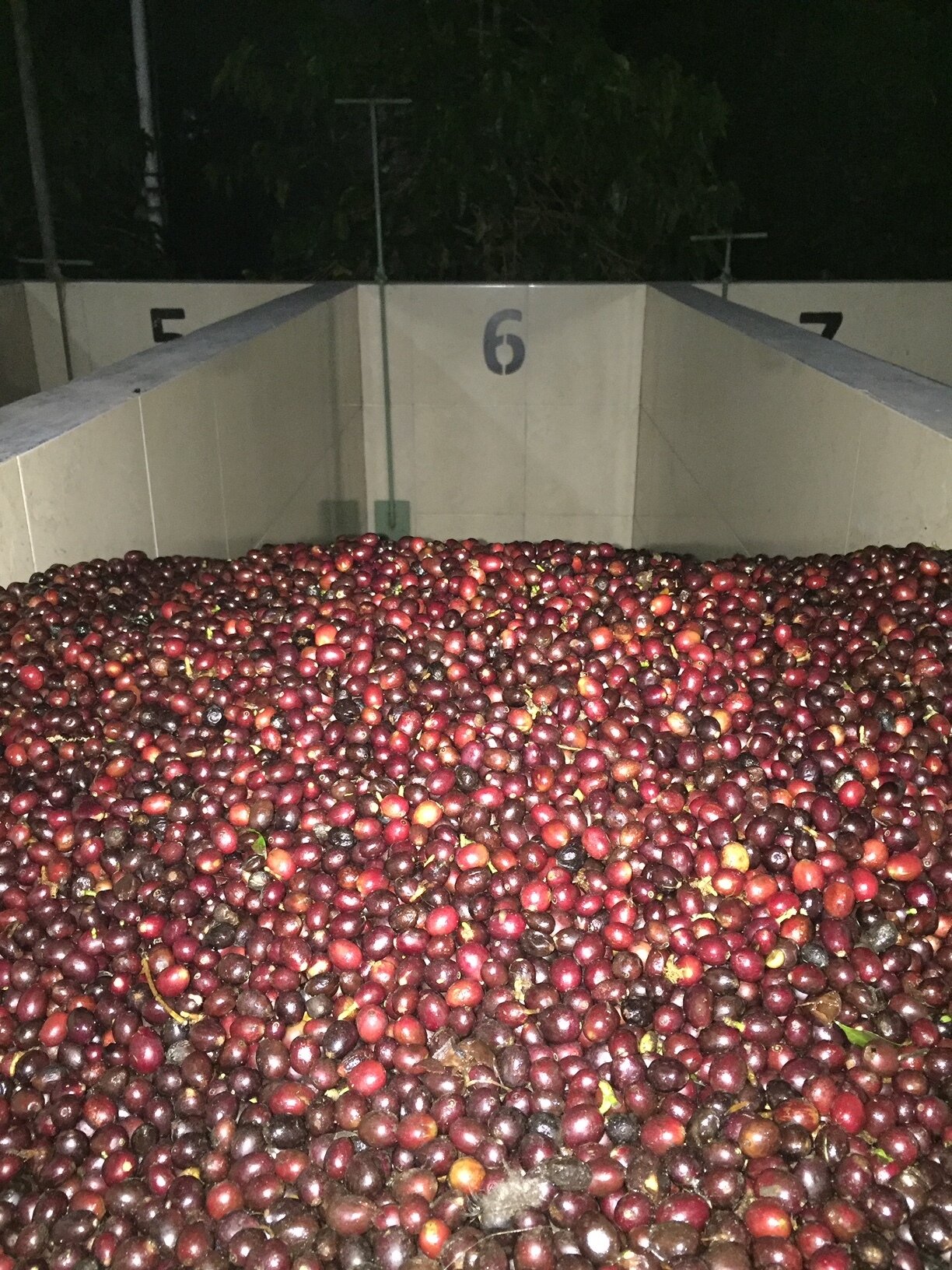
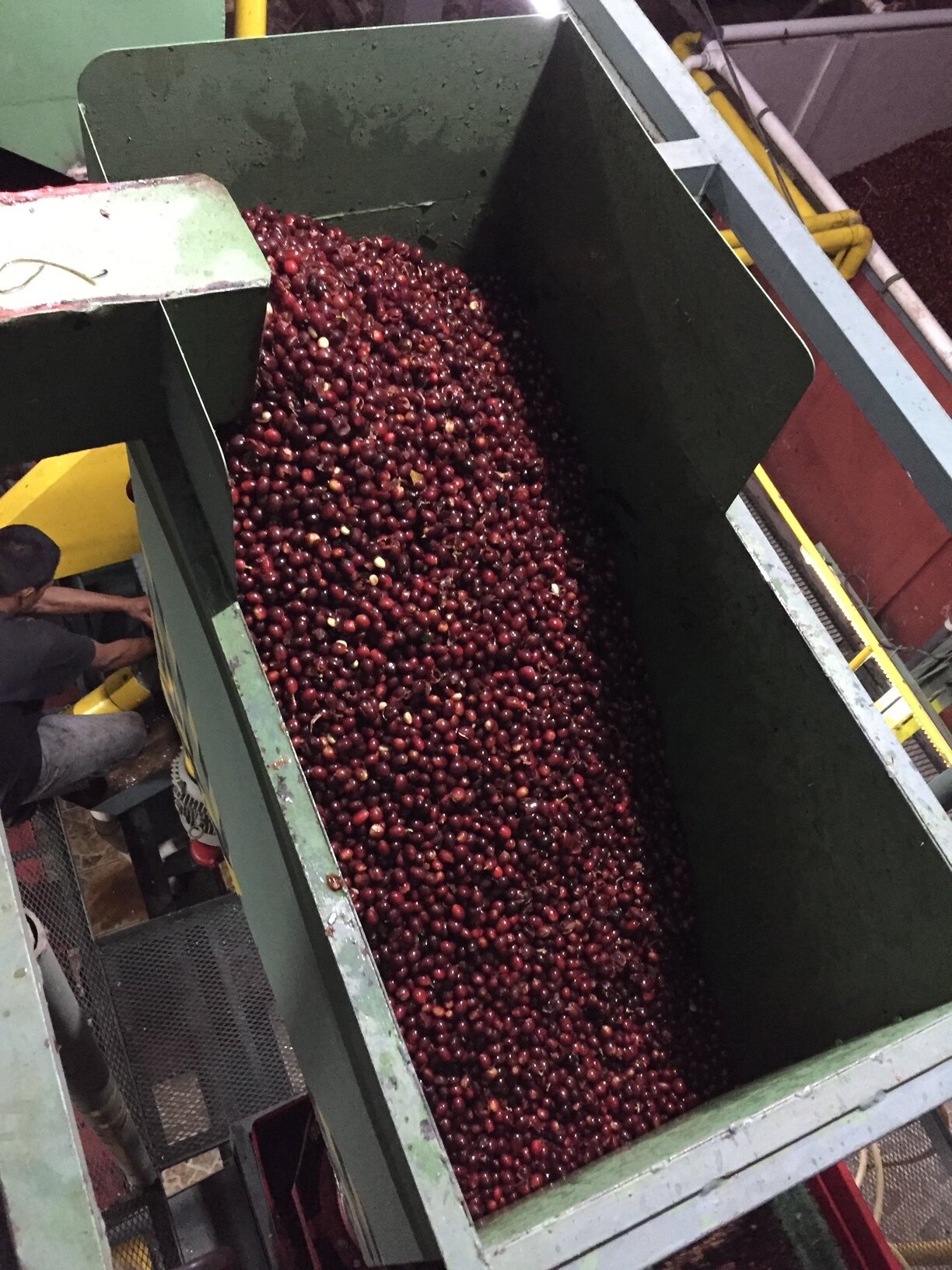
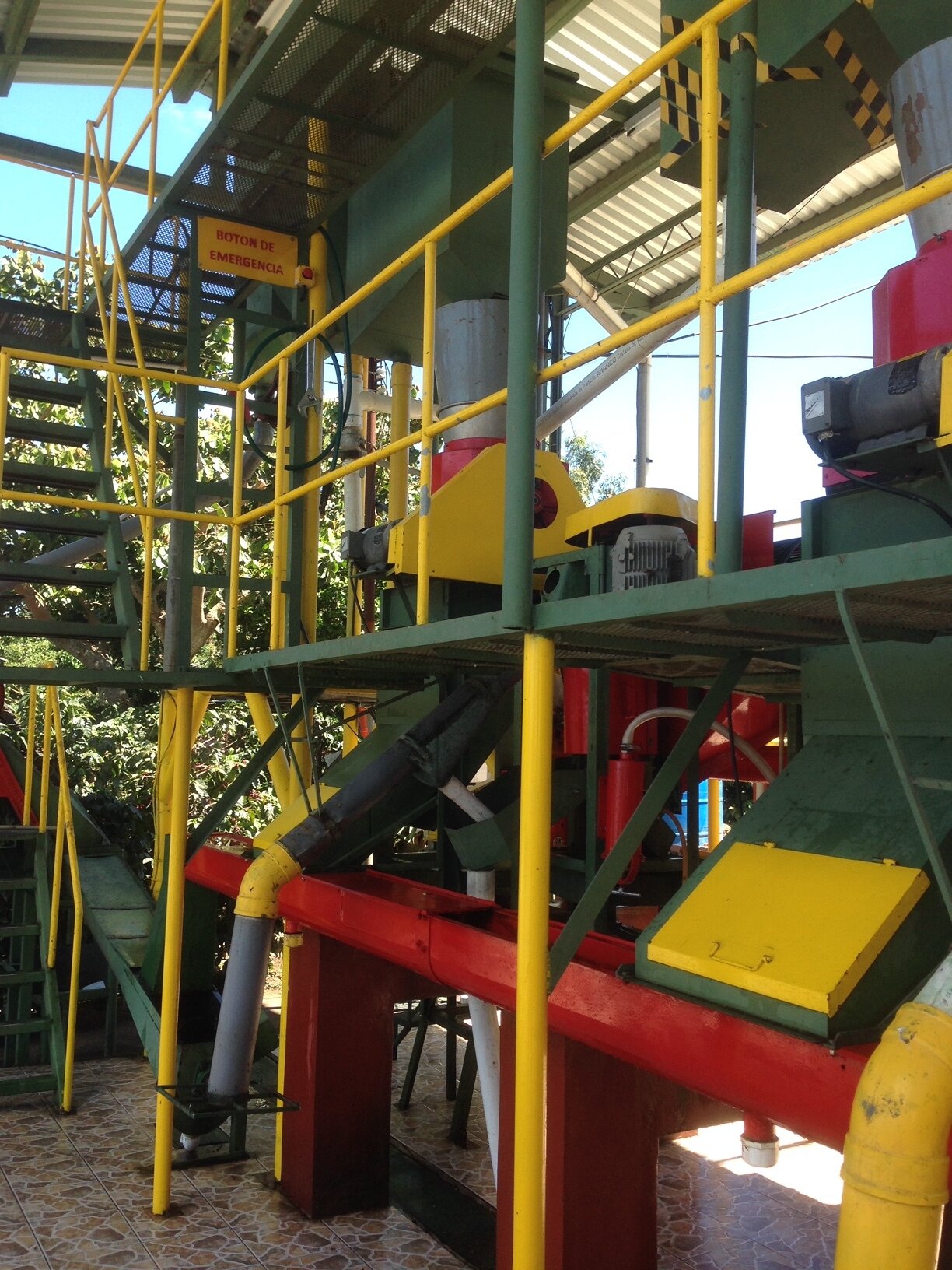
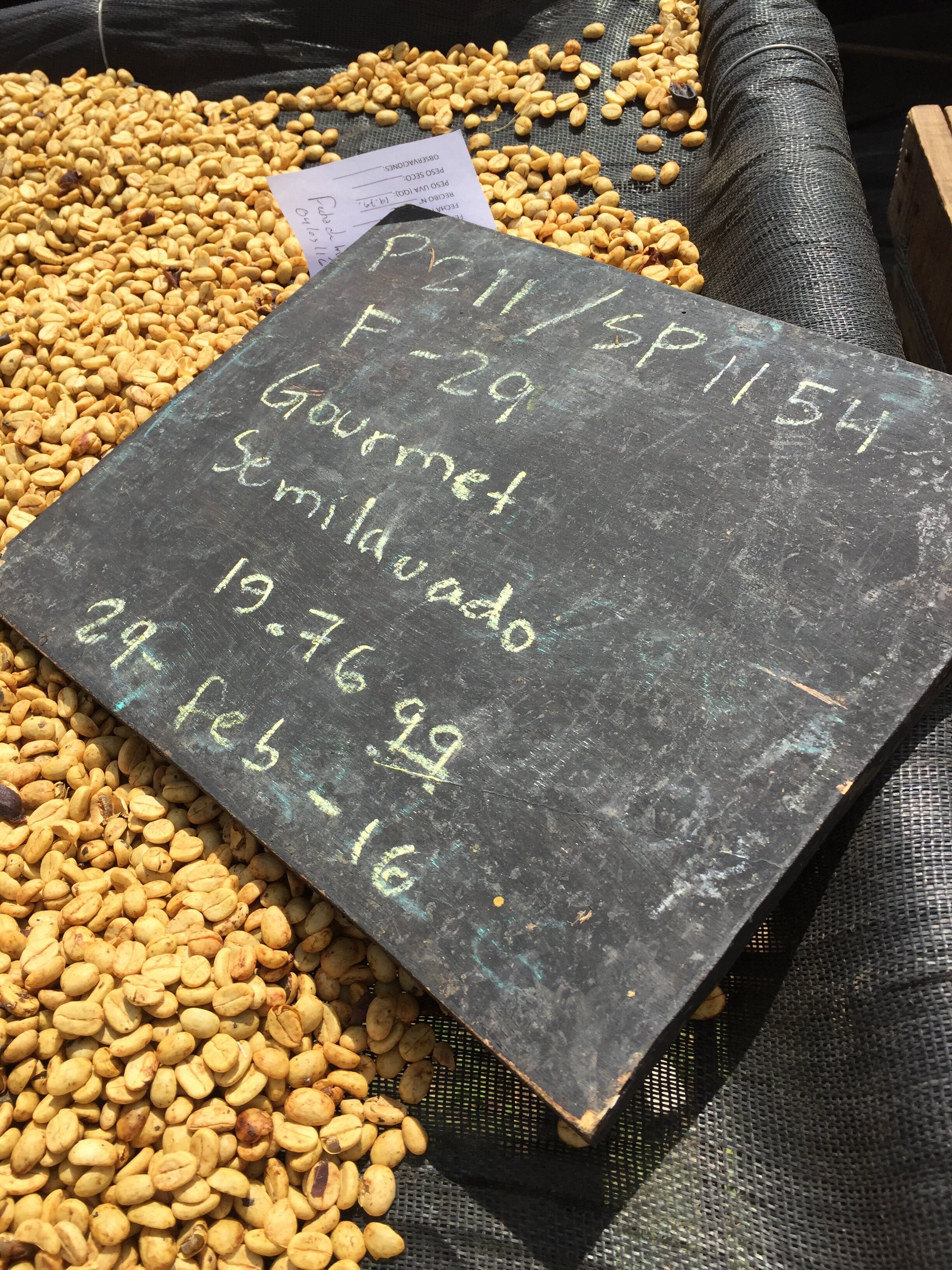
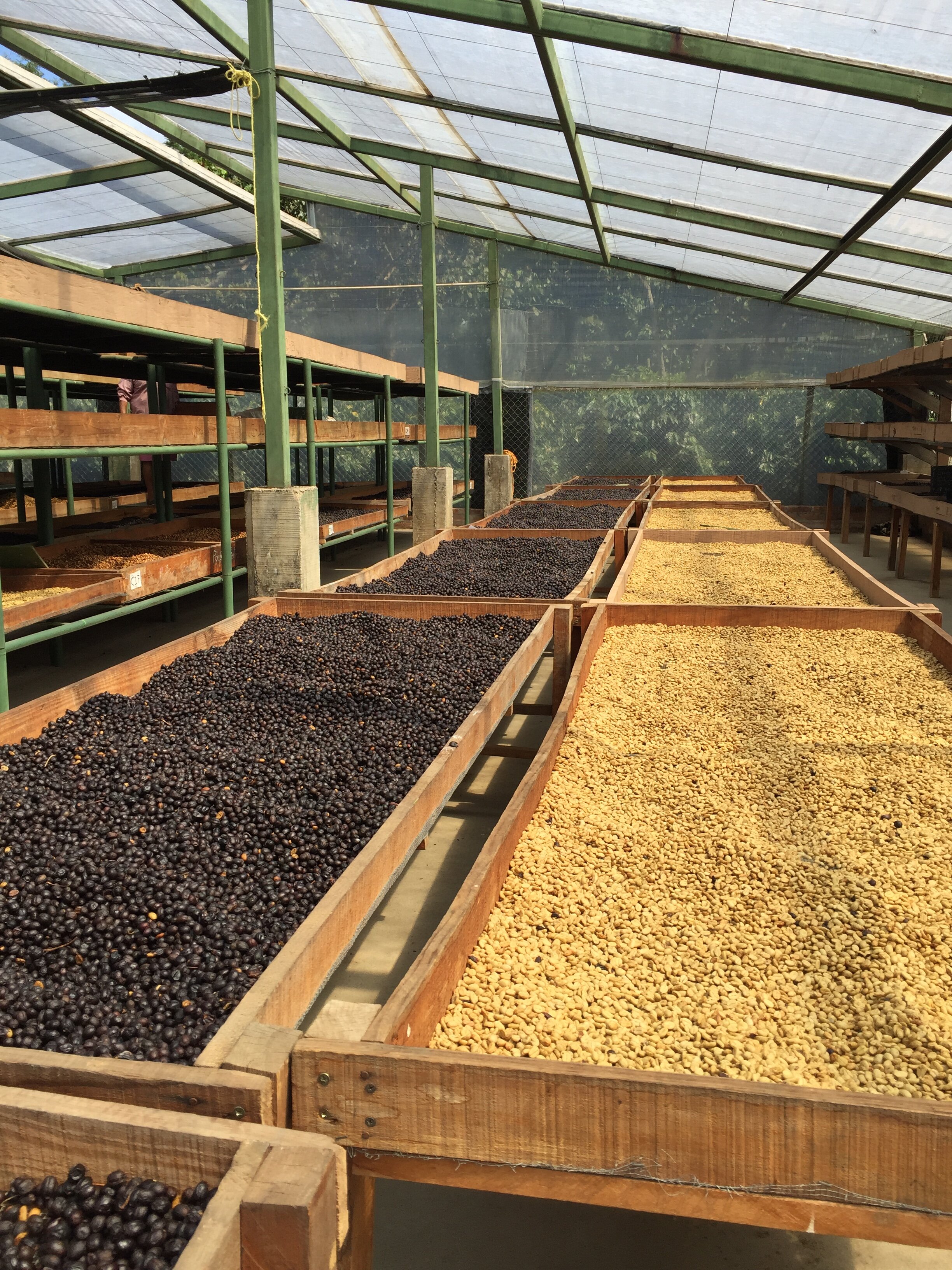
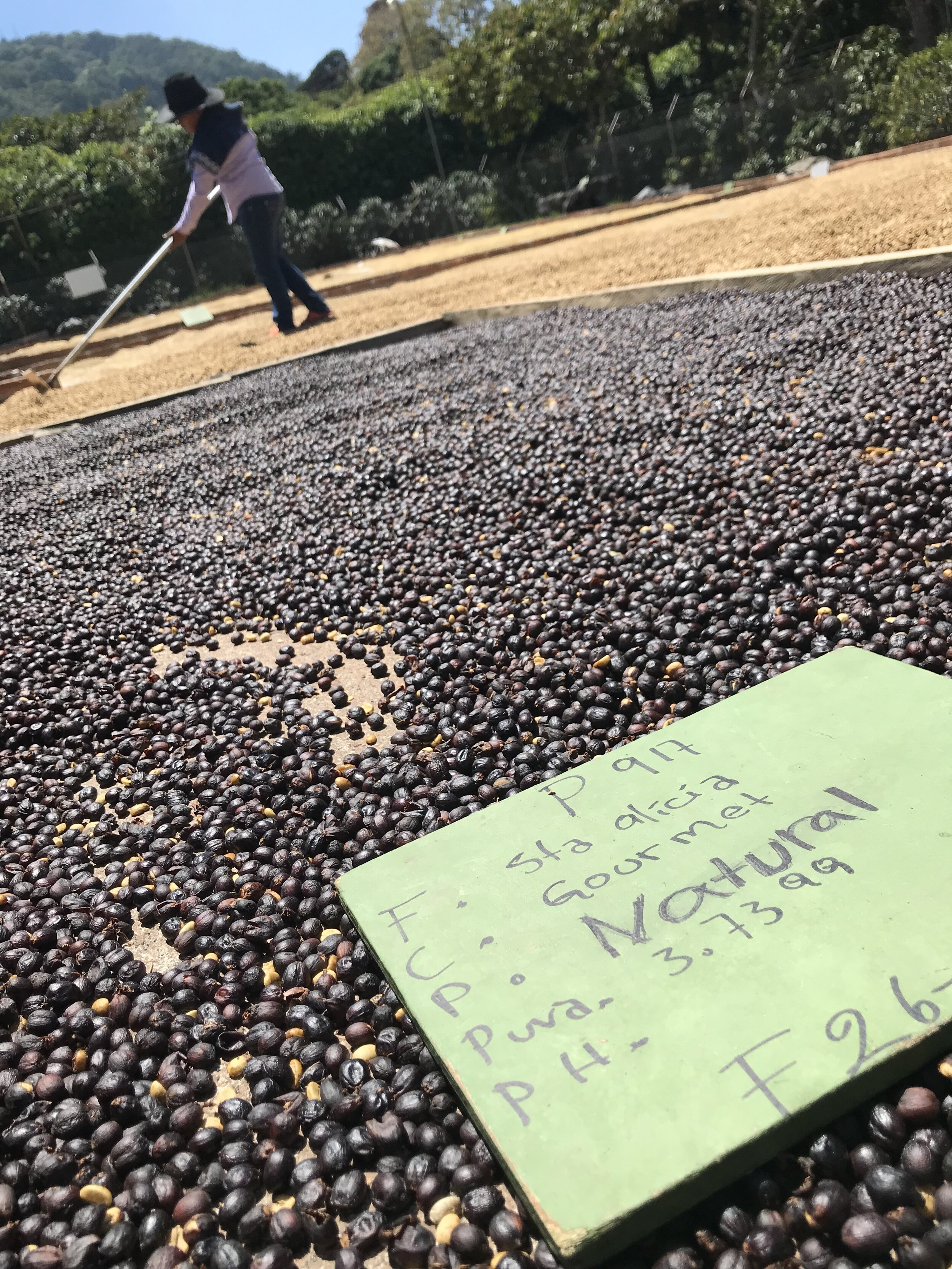
In a world where coffee quality seems to be diverging ever more between the homogenous, undefined, $4.99 grocery stuff, and the actual carefully tended and personally detailed, reliably traceable and fully transparently traded specialty lots, the Sicafe coffees plant themselves firmly in the specialty lane.
And El Salvador is a coffee world mirroring this quality split. The country’s HGs compete with Honduras in an unsustainable price race for the bottom, while smallholders with their own processing equipment and tiny tucked-away farms annually produce coffees I would put up against the top cupping lots from anywhere in the world. Some of the first experimental processing methods were birthed and nurtured in El Salvador, and smart producers were quick to identify and adapt to US desires for ever increasing specialization.
The price coffees like this should command rival those consumers in the US will pay for an already roasted and ground package. Meaning: FOB prices of $4 and $5 green are not at all uncommon for top lots. As we remain committed to discovering, working with, and rewarding the producers who make these exquisite coffees, we’re pleased to show off and share this relationship with Carmen Elena and Rafael Silva.
